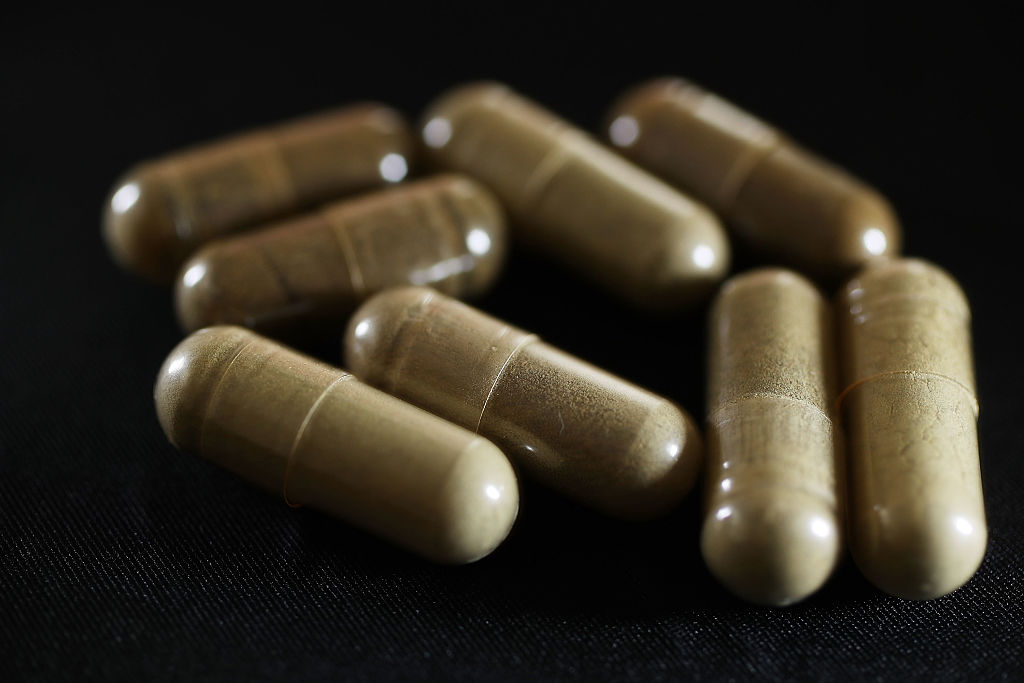On July 7, 27 year-old Christopher Waldron died in Tampa.
"He was my best friend, the love of my life. He was my only child," his mother Laura Lamon said.
The official cause of death was something Lamon never heard of: "Intoxication by kratom."
She says her son had been fighting addiction for years.
"What I like to say is that Christopher did what would make him feel better," she said. "He experimented with opiates, marijuana, you know all the way to crack at one point, you know. That was really shocking, it was shocking."
Lamon says when she first learned of her son's death she suspected he'd overdosed, but was shocked to later find out kratom was listed as the cause.
Waldron's autopsy also showed a thyroid and heart condition, a muscle relaxer and a prescription antidepressant.
But toxicologists at the Hillsborough County Medical Examiner's Office said the prescription drug interactions weren't what caused his death -- it was the very high level of kratom in his blood.
"I don't want anybody else to die, you know, I just don't," Lamon said. "That is my motive, nothing other than that … I don't want anybody else to be hurt by it."
But she isn't calling for a ban on kratom, as you might expect. Instead, she supports research to find out if the substance can safely help people like her son who are struggling with addiction.
"If you can find the magic elixir, to be able to detox and not feel sick -- then yeah," she said
But some fear the government will step in, banning kratom before enough research is done.
It's what the Drug Enforcement Agency planned to do a year ago, basically putting kratom in the same category with hard-core drugs like heroin, ecstasy and LSD.
That sparked outrage-- and kratom supporters fought back:
- 23,000 people sent comments to the DEA urging the feds to keep kratom legal.
- 140,000 people signed a White House petition and even Congress got involved.
Within a few weeks, the DEA halted its efforts to ban kratom.
Tim Davis credits kratom for getting him off opioid pain pills -- like Percocet and Vicodin -- prescribed to him for back pain.
"Me being a father, I have a job, I have so much stuff that I need to do," he said. "I gotta get up, you know. My kids want to play I can't be in pain in bed, I was like, "Hey, do I take these pain pills and be a better person …."
What was his first experience with kratom like?
"It took all the pain away, it took all the feelings from the pills away," Davis said. "I felt like myself again."
The American Kratom Association represents the more than 3 million kratom users in the U-S
Dave Herman, the organization's chairman, said, "We think Kratom by itself is safe in normal activity. It is non-harmful and has a low potential for both abuse and addiction."
But Lamon suggests users need more information on what exactly "normal activity" is and suggests better labeling, especially when it comes to safe dosage information.
Labeling she says her son didn't have.
"Did it say how much to take? Not at all," she said. "There was no label on it that said, 'Here is the correct dosage' There was nothing."
Instead, many new to kratom rely solely on information from other users online. Information that may not take into account a wide range of variables.
"I just think right now it's the wild west," Lamon said. "I feel like there are bad actors out there. If there are differing strengths and different types, that's what scares me."


